Five years ago, we founded the STEM Analytical Center with a simple yet ambitious goal — to conduct in-depth research and provide fresh, unconventional perspectives on key global processes. Today, looking back, we can see how this idea has evolved into a vibrant platform for dialogue, expertise, and the shaping of the analytical agenda.
Over these years, we have prepared more than a hundred publications and analytical materials. Our focus has included international relations, economics and energy, logistics and security, conflict studies, and other related areas that form the fabric of global politics and the economy. We have always strived to keep pace with the most pressing challenges, delivering not just reviews, but distinctive analytical interpretations of current developments.
One of STEM’s greatest achievements has been its guests and partners. Over the years, we have welcomed leading global experts, former ministers and ambassadors, as well as serving diplomats from various countries. Each of these meetings became not only an important event but also a stimulus for new ideas, broader analysis, and international dialogue.
But most importantly — it is our team. In these five years, we have proven that a small but dedicated group can deliver research that attracts attention from the professional community, the media, and the wider public.
Our experts are also actively involved in international cooperation formats. STEM specialists are members of the expert groups Azerbaijan–Kazakhstan, Azerbaijan–Russia, and Azerbaijan–Uzbekistan, contributing to the development of bilateral and regional dialogue. In addition, we regularly take part in major international platforms — from the Astana International Forum to the Antalya Diplomatic Forum, as well as expert events in Kazakhstan, Uzbekistan, China, and other countries.
It is also worth noting that STEM is one of the few Azerbaijani think tanks that has joined the Platform of Azerbaijani Think Tanks and is actively engaged in its activities. Moreover, our center initiated its own new platform, “Azerbaijan plus Central Asia,” symbolically named “Soulful Geography.” Today, this platform is actively functioning, bringing together experts from Azerbaijan and Central Asia, fostering deeper mutual understanding and the development of regional cooperation.
STEM is also expanding its partnership network: we have signed memoranda of cooperation with universities in Georgia, Kazakhstan, and Turkey. Looking ahead, we set ambitious goals — to broaden this cooperation and establish even closer ties with think tanks and universities across the region.
A special priority of our work is youth development. STEM pays great attention to nurturing a new generation of analysts, involving them in research projects and training them in expert skills. We regularly host internships for students and young professionals from different countries. Currently, we are working on the establishment of Future School — a platform for preparing young experts. There, they will learn forecasting, writing analytical articles, and conducting academic research.
Considering Azerbaijan’s COP chairmanship last year, STEM was also actively involved in this process. We organized masterclasses and conferences, culminating in the presentation of a collection of articles dedicated to environmental security in the South Caucasus at ADA University. This initiative highlighted the importance of the environmental agenda and once again demonstrated STEM’s ability to contribute to the most pressing global processes.
Today, STEM is more than just an analytical center. It is a space of thought and ideas, where academic depth meets practical insight, and where experts of different generations and countries find common ground in the pursuit of solutions for the future.

